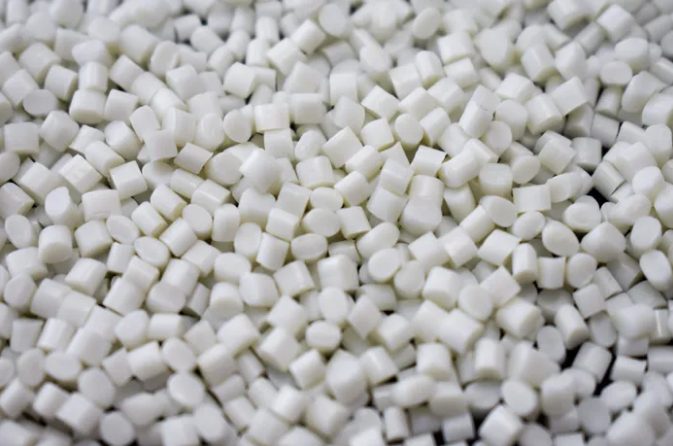Fabrics must have function AND be biodegradable!
The current PERFORMANCE DAYS Focus Topic is “BIODEGRADABLE: Back to Nature” an important concept not only in avoiding waste and preserving the environment, but also with respect to the responsible and sustainable use of resources. Appropriately, the ECO PERFORMANCE AWARD is given to a sustainably produced and biodegradable functional fabric from GLOBAL MERINO.
The PERFORMANCE DAYS trade fair is a true pioneer when it comes to spotting the trends in functional fabrics. The date of the fair always rings in the new order cycle and the Focus Topics at the PERFORMANCE FORUM are all clearly ahead of their time. This applies once again to the next topic at the fair scheduled for April 26-27th in Munich. “Biodegradable” is all about the vision of supplying more functional fabrics that decompose at the end of their useful life as a result of biological action. Such solutions were nearly non-existent until now and are gaining in importance as the world’s population continues to grow and the waste dumps grow ever larger.
Recycling cannot be the only answer to waste prevention Recycling is certainly one possibility for exploiting waste products, but second-hand materials (PET-bottles, fishing nets, etc. ) or garments made from synthetic fibres (like polyester or polyamide) are not always collected and recycled everywhere in the world. Furthermore, even if the textiles are collected, the problem is often caused by their composition because, at the present time, only pure substances – no blends (like PA/PES or CO/PA) – can be recycled. Consequently, much clothing finds its way into landfills, waste incineration plants, or is just dumped on the side of the road. Valuable resources are lost and even worse, sensitive ecosystems are harmed since synthetic fibres can last well over 100 years until they are decomposed. In addition, another effect is becoming more and more evident: Tiny fibre particles can separate from the fabric in landfill and even during the use of the textile. Laundering or rainwater carries these particles into streams and rivers so they can reach the oceans where they enter the food chain of fish and other marine life – ultimately landing in our own stomachs.
Rapid biological decomposition – also for synthetic fabrics The answer to this global problem may well be clothing produced from biodegradable fabrics. Natural fibres decompose quickly. Cotton, wool, and reclaimed fibres such as modal or tencel only require a few months to a year. Fibres that rapidly decompose to biomass at a compost site, a landfill or even in water can help reduce the volume in the landfills and conserve resources. That explains the current interest in natural and synthetic fibres like polyamide or polyester.
Press Release: Originally posted on April 12th, 2017 by PERFORMANCE DAYS®



